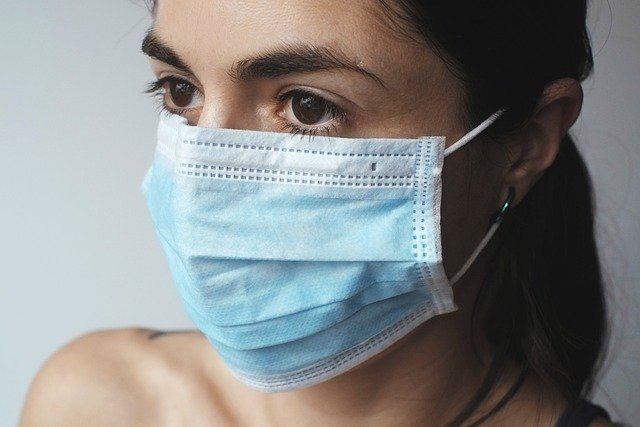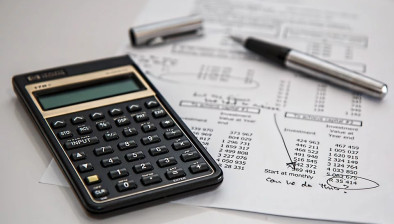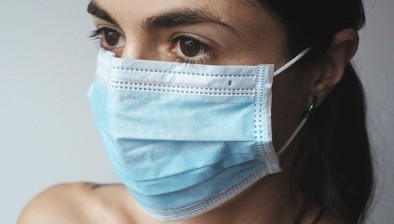UK Finance issues advice for self-isolating customers
UK Finance has published comprehensive guidance for self-isolating financial services customers seeking to pay for essential goods.

Self-isolation has removed an easy way to access cash, and with many of those particularly at risk from coronavirus following the government’s advice and staying at home, they are reliant on volunteers and neighbours to obtain everyday essentials.
The financial services guidance from UK Finance outlines all the ways a customer can pay safely, with specific guidance for the self-isolating or those assisting people at increased risk. It includes industry-standard processes as well as new developments to help customers to access cash.
These ways are detailed in the simple guide, which also includes a flow chart to help customers identify the best way for them to access cash and to pay the volunteers that provide vital assistance.
Some of the options that have been developed by the financial services industry are emergency processes designed to support the most vulnerable members of the community and may not be available to everyone.
The guidance also provides warnings around fraud and coercion and reminds customers not to simply provide the volunteers with their debit card and PIN number. This advice is unfortunately especially important as official statistics show that criminals are taking advantage of the current situation to exploit consumers.
The guide can be found here.
The interactive tool provides self-isolating customers, or relatives of customers who want to help, with a simple guide to the options available.
It covers topics such as: how to make safe payments; new ways of shopping; internet and telephone banking services; new ways of paying including prepaid cards; using the Post Office, for example to cash cheques for sterling; payment apps; and how to set up second cardholders on your account.
Stephen Jones, CEO of UK Finance, said: “Over the coming months, some of us may find ourselves unable to leave our home for basic supplies – such as groceries or medical products. This may be for a short time, or it may be for an extended period, if we are in one of the UK Government’s high-risk categories.
“Regardless, there are several ways to pay for essential items whether you have access to the internet or not; and our guide helps you understand your options. Depending on your situation, the person offering help may be from within or outside of your own home, they may be known to you, or they may be a volunteer – sent by the NHS or another charitable body.
“Whoever they are, it is important to take steps to keep your money safe when providing them with the means to pay, or reimbursing them, for any purchases or transactions made on your behalf.”
Customers should always contact their provider in the first instance to see what options they have available to them. Providers are constantly keeping their websites updated with the latest information, including FAQs, which can answer many customer queries.
For more detailed questions there are a range of different ways to get in touch, including through online chat, social media and mobile and banking apps. With firms taking a record volume of calls due to COVID-19, we would encourage only those customers who are facing an immediate issue with their finances to call their provider in the first instance to ensure those who need urgent assistance can get through.
Read all of our articles relating to COVID-19 here.










